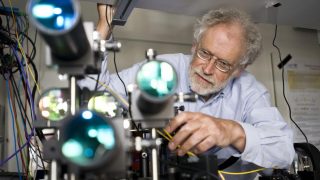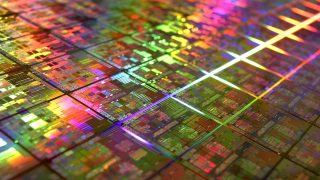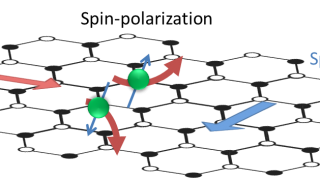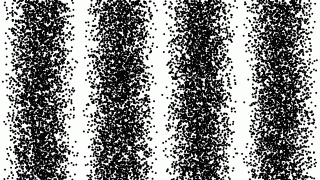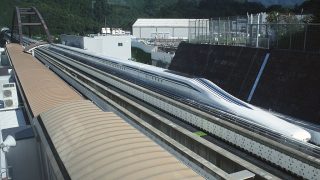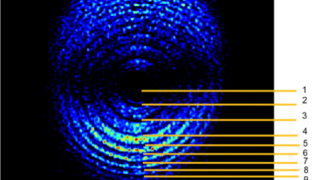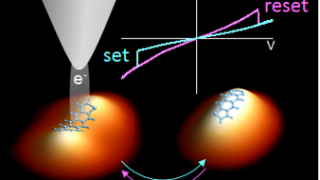
A working molecular electronic switch
Chemistry • Computer science • Condensed matter • Materials • Physics
A visionary perspective of molecular electronics is the use of single molecules as functional entities in electronic devices. In this context, some of the most important components are molecular switches, which are molecules that can be interconverted reversibly between at least two stable states, one for the OFF and one for the ON. In order […]
